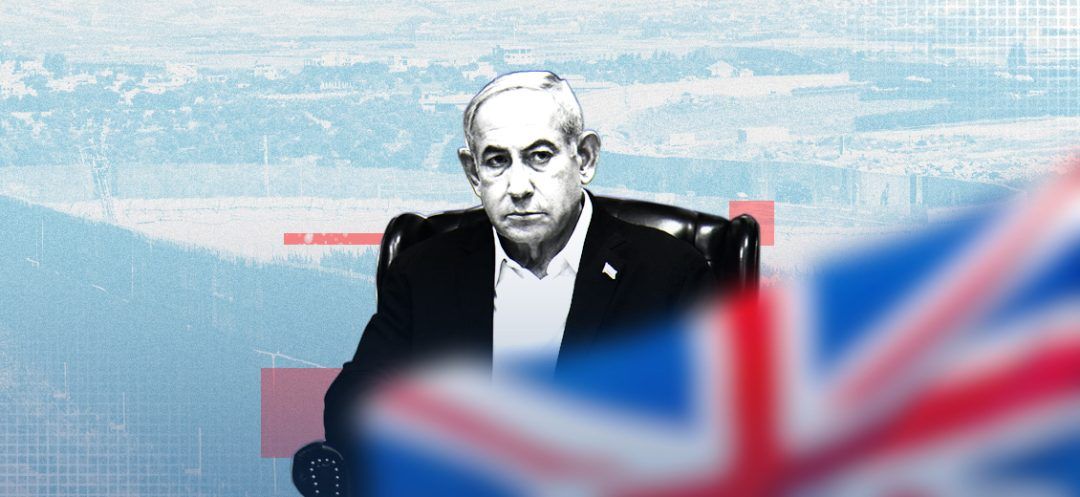
In an anticipatory move for the post-truce phase in Gaza, and the “Day After” plan for southern Lebanon, Britain tried to market an offer to Hezbollah and Israel under which it would erect advanced watchtowers along the Lebanese-Israeli border.
The observation towers, which would be more sophisticated than those installed on the border with Syria, would help reinforce border security, establish calm and ensure stability in southern Lebanon and northern Israel, before work begins on the comprehensive implementation of UN Resolution 1701.
According to political circles in the March 8 camp close to Hezbollah, the Britons proposed to direct the cameras to the Israeli depth as well as the opposite side, but Israel rejected the offer and stipulated that the cameras be directed into the Lebanese interior to monitor Hezbollah's movements.
Israel also affirmed that it would not stop taking measures that suit its security, including “the continuation of air sorties via its planes or drones to ensure monitoring of what Hezbollah is doing.”
Thus, Israel prevented Lebanon from obtaining British security assistance, while insisting on the implementation of 1701 in its entirety and establishing a buffer zone south of the Litani, free of weapons and illegal militants.
On the eve of renewing the mandate of the UN peacekeeping force in south Lebanon (UNIFIL), Israel is seeking to amend the resolution to place it under Chapter Seven of the UN charter, which provides for using force to apply it. However, no such amendment is possible, according to diplomatic circles. France, “the one holding the pen,” is determined to propose a routine renewal of the resolution without any modification, in light of the international situation and divisions among the five permanent members of the Security Council.
The observation towers, which would be more sophisticated than those installed on the border with Syria, would help reinforce border security, establish calm and ensure stability in southern Lebanon and northern Israel, before work begins on the comprehensive implementation of UN Resolution 1701.
According to political circles in the March 8 camp close to Hezbollah, the Britons proposed to direct the cameras to the Israeli depth as well as the opposite side, but Israel rejected the offer and stipulated that the cameras be directed into the Lebanese interior to monitor Hezbollah's movements.
Israel also affirmed that it would not stop taking measures that suit its security, including “the continuation of air sorties via its planes or drones to ensure monitoring of what Hezbollah is doing.”
Thus, Israel prevented Lebanon from obtaining British security assistance, while insisting on the implementation of 1701 in its entirety and establishing a buffer zone south of the Litani, free of weapons and illegal militants.
On the eve of renewing the mandate of the UN peacekeeping force in south Lebanon (UNIFIL), Israel is seeking to amend the resolution to place it under Chapter Seven of the UN charter, which provides for using force to apply it. However, no such amendment is possible, according to diplomatic circles. France, “the one holding the pen,” is determined to propose a routine renewal of the resolution without any modification, in light of the international situation and divisions among the five permanent members of the Security Council.
Read more



Comments